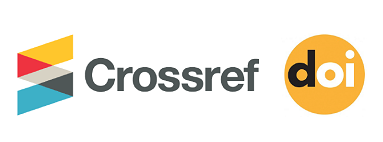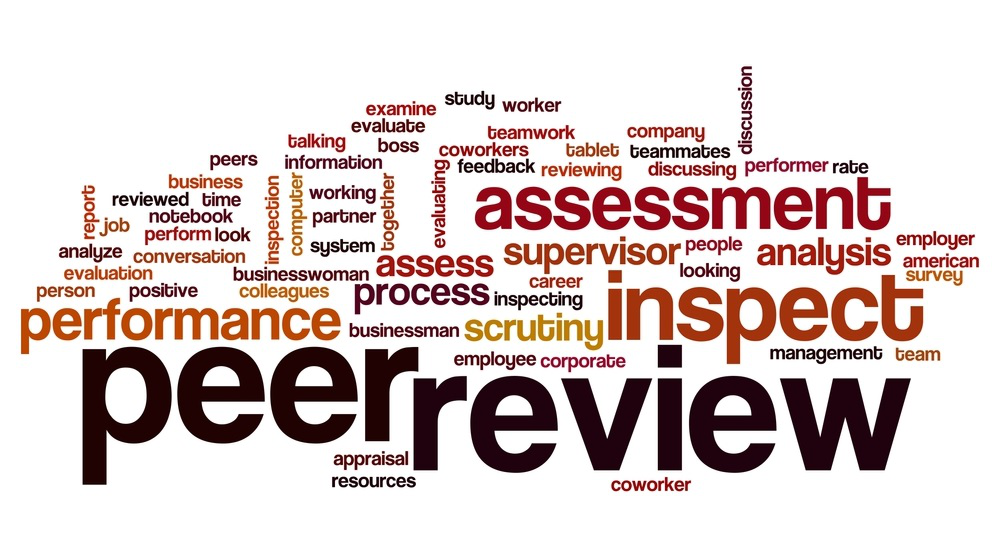Cyber-Physical Systems and Advanced Computing: Bridging the Gap Between Digital and Physical Worlds
DOI:
https://doi.org/10.69987/Keywords:
Cyber-Physical Systems, Advanced Computing, Cloud Computing, Edge Computing, Artificial Intelligence, Real-Time Systems, Internet of Things, Digital-Physical IntegrationAbstract
Cyber-Physical Systems (CPS) represent a transformative technology that integrates physical processes with computational control, enabling real-time interaction between the digital and physical worlds. By leveraging advanced computing techniques such as cloud computing, edge computing, artificial intelligence (AI), and the Internet of Things (IoT), CPS offer sophisticated capabilities for monitoring, controlling, and optimizing complex physical systems across various industries. These systems are critical in applications such as smart manufacturing, autonomous vehicles, healthcare, energy management, and smart cities, where real-time data processing and autonomous decision-making are essential. The convergence of physical processes and computational intelligence in CPS provides enhanced adaptability, improved system efficiency, and increased automation, leading to more responsive and resilient systems. However, the implementation of CPS faces significant challenges, including security vulnerabilities, real-time constraints, system integration, and scalability. This research article explores the foundational architecture of CPS, the role of advanced computing technologies in enhancing their functionality, and the key challenges that must be overcome. It also examines future trends in CPS, such as the adoption of 5G networks, AI-driven decision-making, and quantum computing, highlighting how these innovations are likely to further bridge the gap between the physical and digital realms. Three tables are included to provide insights into CPS architecture, applications, and challenges.
Published
Issue
Section
License
Copyright (c) 2022 Journal of Advanced Computing Systems

This work is licensed under a Creative Commons Attribution-NonCommercial-NoDerivatives 4.0 International License.











